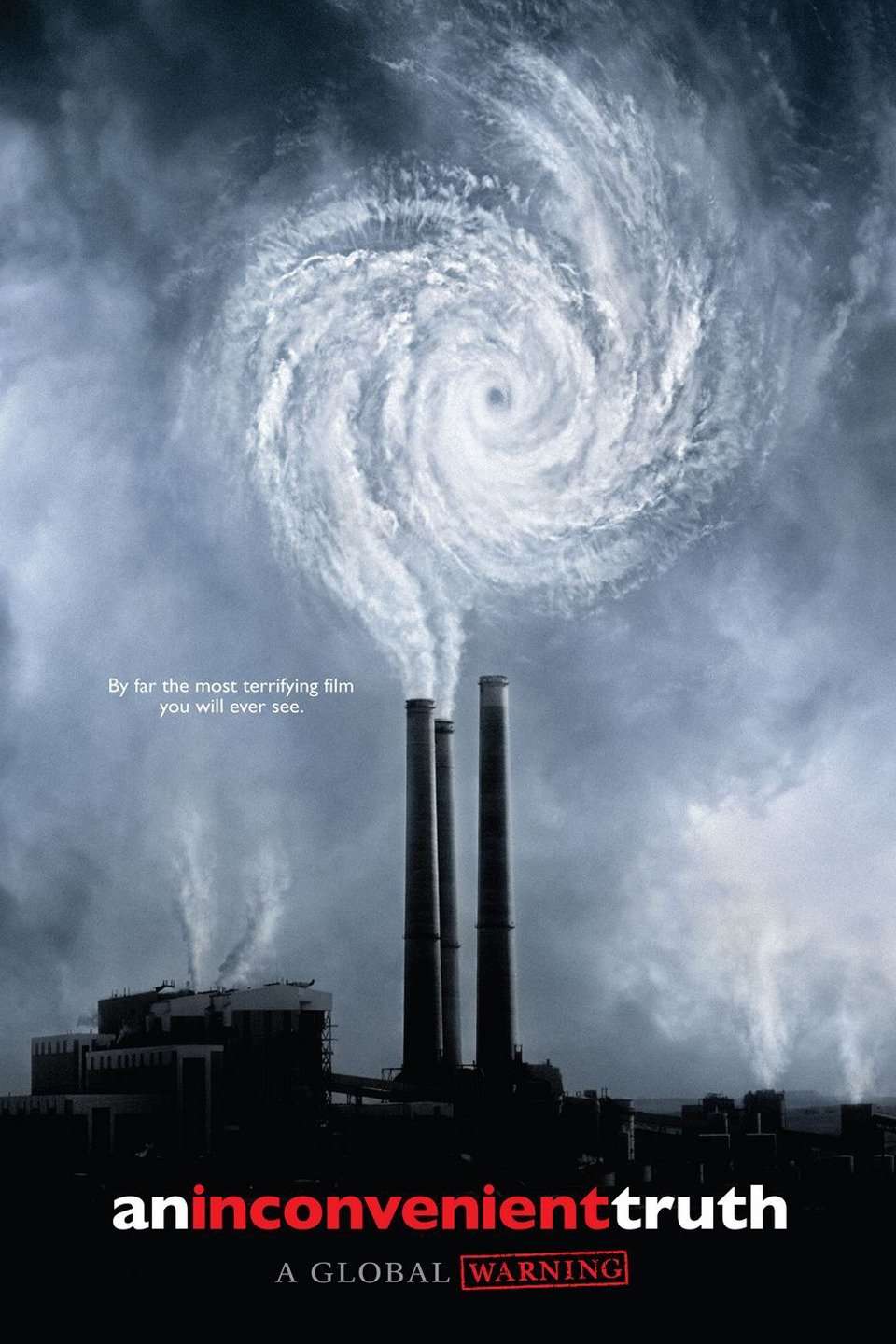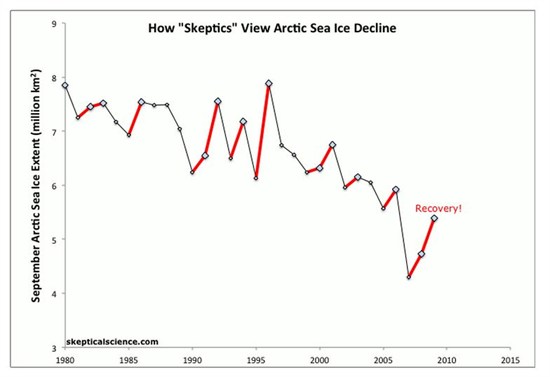- Joined
- Mar 11, 2006
- Messages
- 96,085
- Reaction score
- 33,411
- Location
- SE Virginia
- Gender
- Male
- Political Leaning
- Conservative
Season Approaches: U.S. Hits Record 127 Months Since Major Hurricane Strike
Damn I wish climate change would make up its mind. :lol:(CNSNews.com) – With hurricane season set to start next week, Tuesday marks a record 127 months since a major hurricane has made landfall in the continental United States, according to statistics compiled by the National Oceanic and Atmospheric Administration’s (NOAA) Hurricane Research Division, which keeps data on all the hurricanes that have struck the U.S. since 1851.
The last major hurricane (defined as a Category 3 or above) to hit the U.S. mainland was Hurricane Wilma, which made landfall in Florida on Oct. 24, 2005.
Although a major hurricane typically strikes the U.S. about once every two years, no major hurricanes have made landfall in the U.S. for more than 10 and a half years.
The second longest stretch between major hurricane strikes was between the major hurricane that struck in August 1860 and the one that struck in September 1869, NOAA records show. The third longest stretch was between the major hurricane that struck in September 1900 and the one that struck in October 1906.
Wilma was one of four major hurricanes – including Hurricanes Dennis (July 10, 2005), Katrina (Aug. 29, 2005) and Rita (Sept. 24, 2005) - that came ashore in the U.S. during the 2005 hurricane season. (The season starts on June 1 and runs through November 30.)



